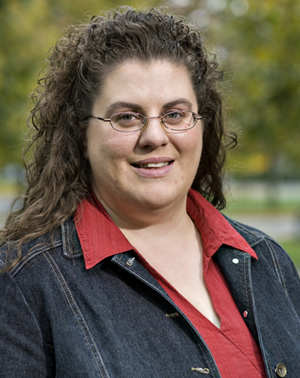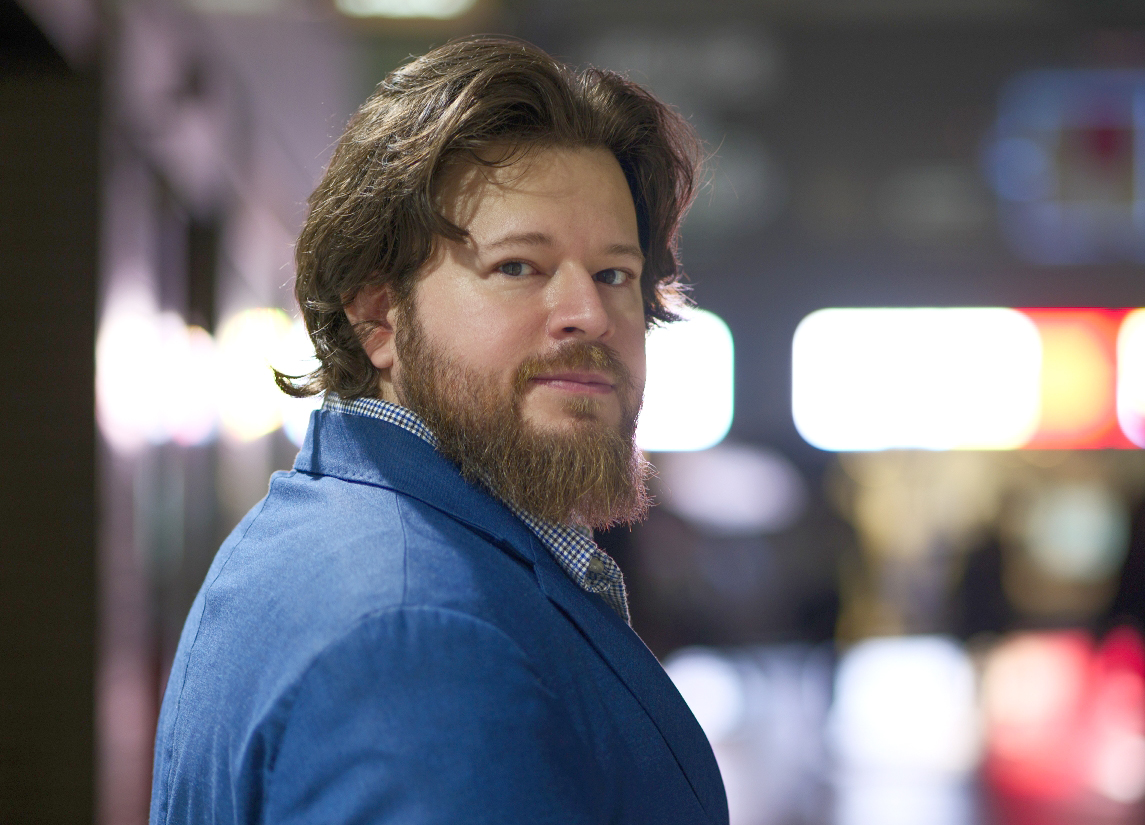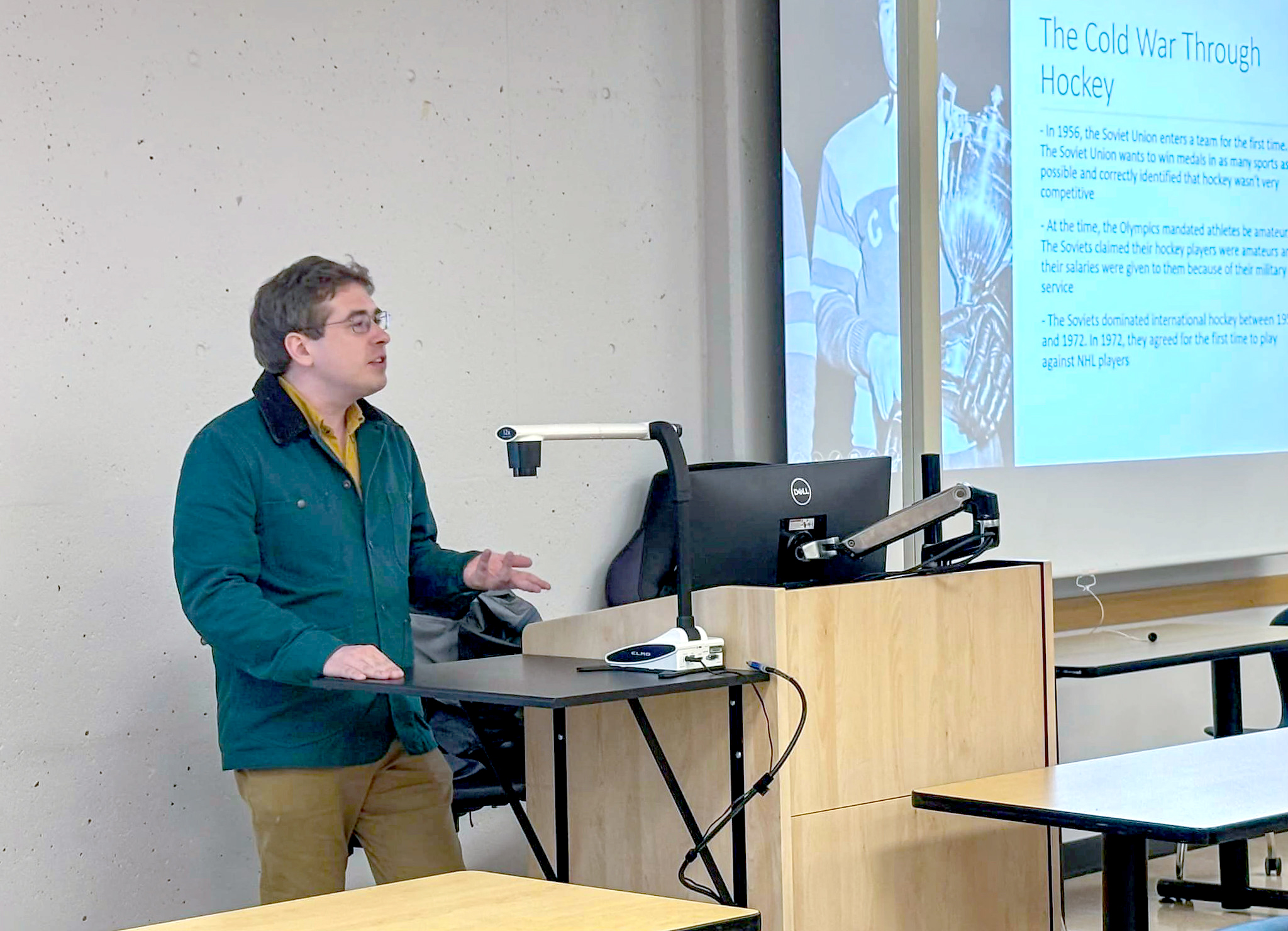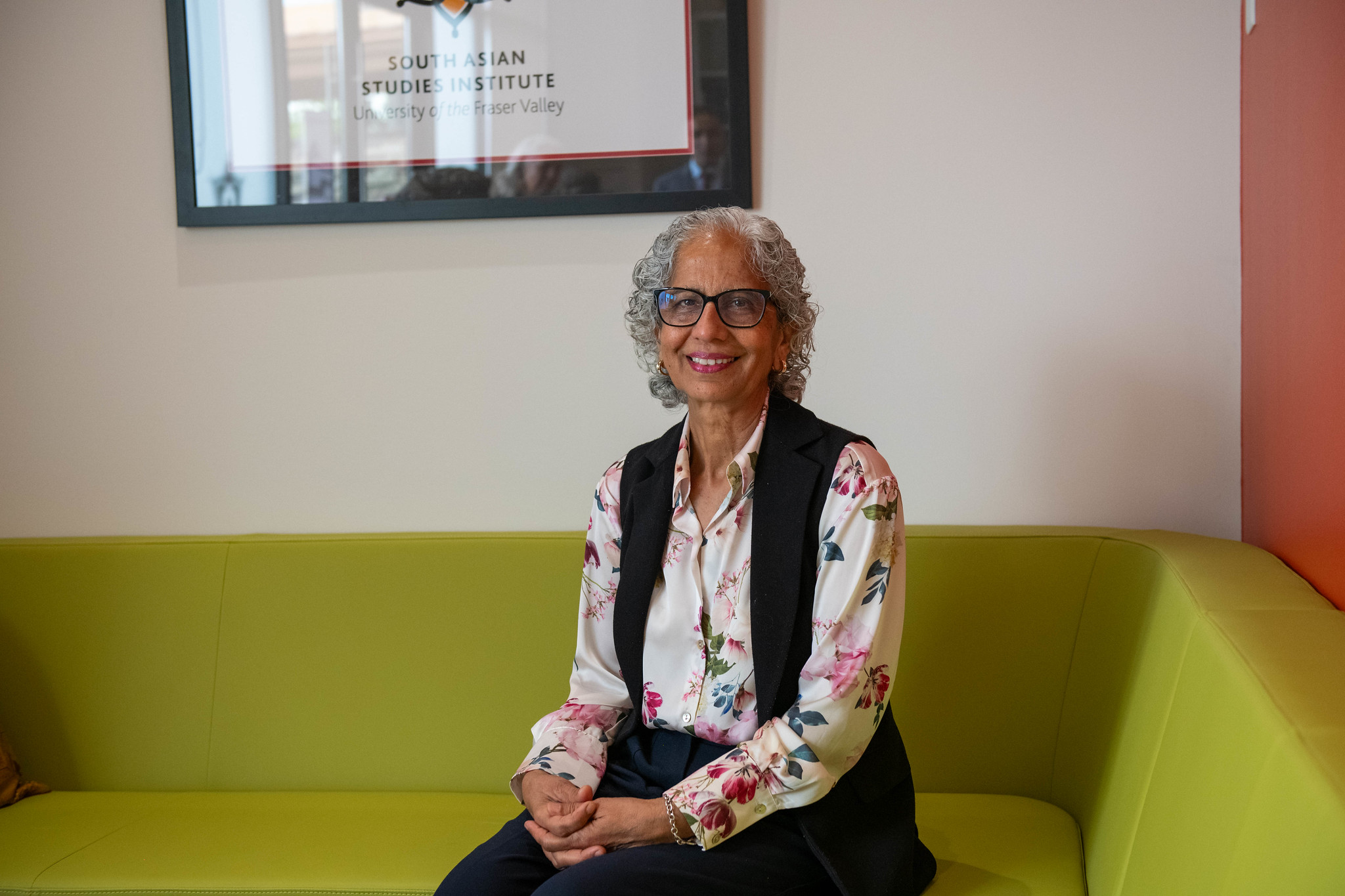Dr. Alisa Webb is the new Associate Dean of Students in the College of Arts
A message from Dr. Jacqueline Nolte, Dean, College of Arts

The College of Arts is pleased to welcome Dr. Alisa Webb into the position of Associate Dean of Students. Dr. Webb joined the UFV History department in 2004 having attained her PhD from Simon Fraser University. She is also an alumna of UFV, having earned her Bachelor of Arts with a major in history and minor in sociology in 2002.
She soon proved herself to be an outstanding teacher. She has both an Instructional Skills certificate and a certificate in post-secondary education, stemming from a year-long program at Simon Fraser University. She brings to this position a passion for curriculum design, innovative pedagogy and best practices, as well as an interest in promoting learning communities, assessment, and learning technology. Dr. Webb understands the current challenge of implementing outcomes-based education as well as the challenges associated with the plan to introduce a common general education core across Arts. She is part of the team that will be attending the AAC&U 2014 Institute on Integrative Learning and the Departments at California State University, Fullerton in July.
Dr. Webb comes to the position having served as head of the History department during its program review and having implemented related curriculum reforms. She was coordinator of the Chilliwack Arts Cohort program for three years, mentoring students and teaching University 101, which aimed to ensure students’ successful transition to university. Dr. Webb is active on a range of committees within Arts as well as being an active member of Senate. She sits on the Senate Governance committee, its Terms of Reference committee, and its Faculty Standards committee. She is also the past-secretary of the History Articulation Group and its current chair, as well as having chaired program reviews at other post-secondary institutions.
Dr Webb is, as one of her colleagues states, “one of those people at UFV who truly does put students first.” Dr Webb writes, “Would it not be an amazing experience for students to be able to identify the ways that different disciplinary groups might answer the same question, approach a problem, or evaluate information? With our current degree structure, this is not really possible unless the student is able to see these connections on his/her own.” She is committed to better highlighting what our students are actually achieving in a liberal arts education and states, “the very nature of how we frame Liberal Arts education and how we teach in the Arts needs to be reconsidered. Instead of applauding the exceptions within our institution, we need to make high-impact learning practices, interdisciplinary conversations and explorations, and skills acquisition and application the standard for all of our programs. We need to turn our institutional learning outcomes into questions in order to foster rich and meaningful conversations within and between disciplinary groups.”
The College of Arts looks forward to Dr. Webb leading a range of interesting conversations about how best to design and deliver education in accordance with the fast changing needs and expectations of our diverse student body.





